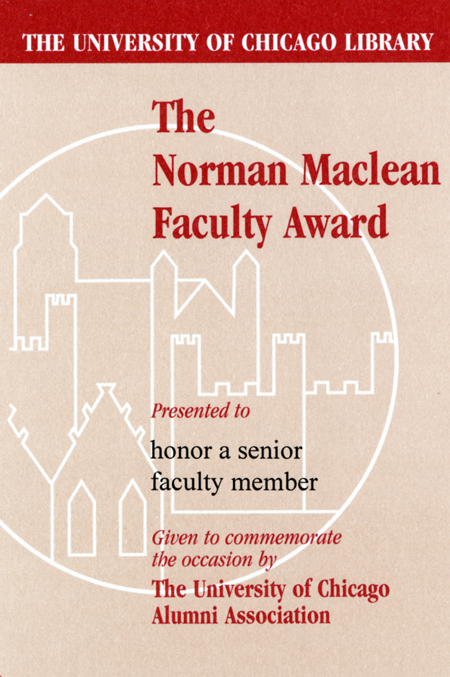Hope and aesthetic utility in modernist literature /
Saved in:
| Author / Creator: | DeJong, Tim, author. |
|---|---|
| Imprint: | New York, NY : Routledge, 2020. ©2020 |
| Description: | x, 196 pages ; 24 cm. |
| Language: | English |
| Series: | Routledge studies in twentieth-century literature ; 71 Routledge studies in twentieth-century literature ; 71. |
| Subject: | |
| Format: | Print Book |
| URL for this record: | http://pi.lib.uchicago.edu/1001/cat/bib/12284425 |
Regenstein, Bookstacks
| Call Number: |
PN56.M54 D45 2020
|
|---|---|
| c.1 | Available Loan period: standard loan Scan and Deliver Request for Pickup Need help? - Ask a Librarian |

